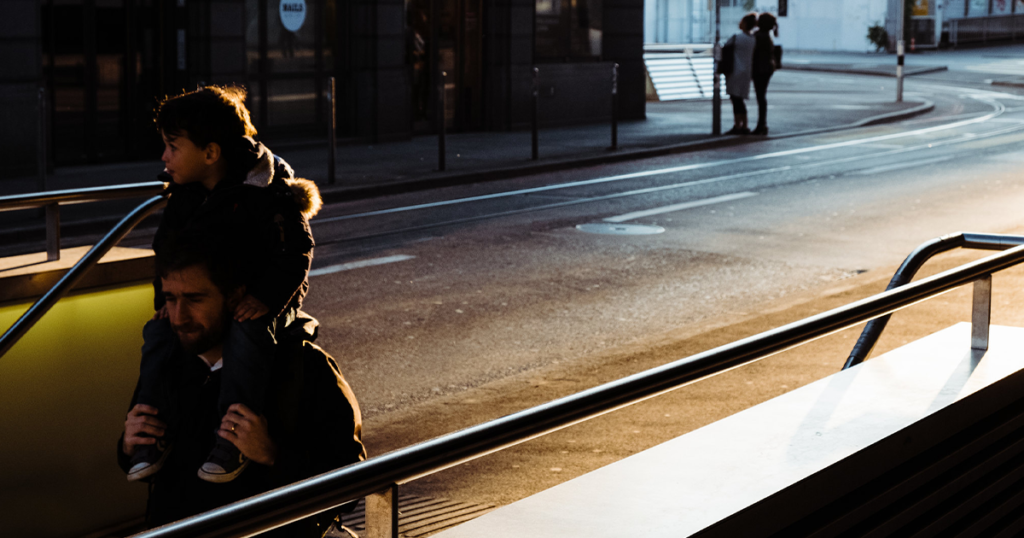
Lock the doors, close the windows, draw the curtains against prying eyes, leave nothing at all near any edge of any sort, switch off the power strip for fear of a spark, never give information over the phone, trust no one. Either the entirety or some part of this list is the daily message from a friend of mine, reducible to a constant warning to be aware and be on your guard—to anticipate trouble in order to avoid mishap and mayhem. If you hear something enough, you begin to believe it, so I accept that the power strip has a one in a million chance of sparking a fire, and sometimes I do switch it off. Why take chances? Any chances? Because yes, it’s a treacherous world. Yet for the most part, I don’t act as if it is—I don’t look over my shoulder for the blow that’s coming, and I don’t always lock the door. More than one night I have left the key in the lock—on the outside. At discovering it there in the morning, I was not dismayed.
But it’s not true that I am hopelessly innocent, as my friend thinks. I’m just set in my ways. It’s too late to become suspicious and anxious, though I do know enough of the world to be appalled (though not surprised) at the depravation and hurt it concocts every day. If I miss the stories, my friend will have heard them. For example, on dropping by one Saturday in early May, he launched into a recital of the headlines. A 10-year-old was crushed and killed when a heavy statue at his home fell on him. That was horrible, and I said so. A two-year-old and his grandfather were on a light tractor when the vehicle tipped over and killed the child; the grandfather tried to commit suicide but was unsuccessful. That was worse. A father in the waiting room of the office where he’d taken his three-year-old daughter for physical therapy heard the child protesting during the session and, as her cries did not abate, he broke down the locked door to discover the 30-year-old therapist raping the toddler. For God’s sake. Por dios!
Each reported tragedy brought a small visceral response from me, as if an electric shock were making me jerk. On the last, I covered my face. In Alice Munro’s story “Dimensions,” a woman clutches her stomach and stumbles about the yard on finding her children murdered, but this child was not mine, and I had not seen what happened, only heard about it, and the gesture to cover my eyes as if to block the horrible news was automatic. “What is wrong with the world?” I asked, though I believe abuse of all extremes has always existed. “I don’t know,” my friend answered. He went on:
“I have to ask what kind of father that man is.”
The grandfather on the tractor was imprudent, perhaps, and the parents of the child crushed by the statue too much taken with garden design to remain vigilant to dangers. But the father waiting outside while his child was at a physical therapy appointment? You couldn’t blame him. “What do you mean?”
“The headline should have been Man tears to pieces his child’s rapist. That should be the news. Molester ripped apart by father. I’d have killed him. I don’t mean left him half dead so that the doctors would have a chance of putting him back together, but annihilated him. Dead, erased, gone.”
I was flabbergasted. My friend is neither young nor hulking nor trained in deadly martial arts. He could kill me, but a physical therapist 30 years his junior?
“You wouldn’t think at that moment of the consequences,” my friend continued. “You’d just do it. That should be a father’s response.”
He took a breath.
“Not maim or hurt or disable but destroy the aggressor of your child. A hoe into his skull. No hoe? A paperweight. Or an office chair swung so hard it breaks him in two. Obliterate him. That’s what a father would do. Destroy him.”
It was a lot to take in. The horrible thing done to the child, the horrible things perhaps done to the therapist in his life, the horrible things my friend without hesitation would do. I am not religious, so I don’t have the apologist’s problem with pain. My problem with it is simply that it’s awful.
I looked away from my friend, toward the window. The birds nesting under the roof tiles on the hórreo across the lane were darting in and then sailing away. What a world! What dread hand and what dread grasp? Because if the victim and the aggressor are both yours, then what? That was my question as I stepped outside later in the day and noticed the sun slanting across my car’s hood, the gray pavement that was rosy for a moment, the blue-green flagstones of the bit of sidewalk in front of the house, and the flowers of my kindly neighbor’s potted geranium. So many gifts and so much wrong and so much wrath. The poor Father.

